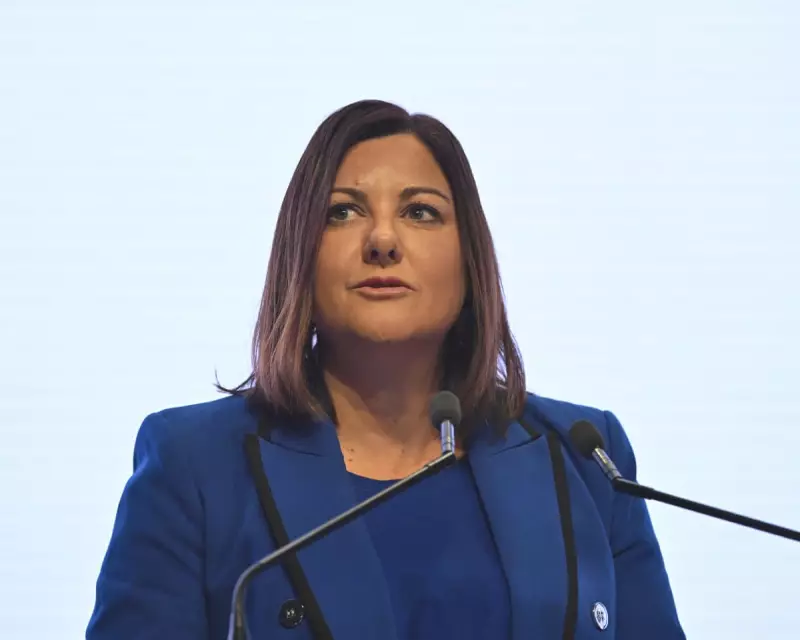
In a move that's raising eyebrows across political circles, executives from gambling giant Sportsbet secured seats at a high-profile Labor fundraising dinner alongside government minister Stephen Jones, despite growing calls to distance politics from betting industry influence.
The Power Dinner That's Sparking Outrage
The exclusive gathering, which took place recently, saw Sportsbet representatives rubbing shoulders with the Assistant Treasurer and Minister for Financial Services at a Labor Party fundraiser. This cosy arrangement comes at a particularly sensitive time, with mounting public pressure to reject gambling industry lobbying and implement stricter reforms.
Timing Raises Ethical Questions
What makes this meeting particularly controversial is the current political climate. The government faces increasing scrutiny over its relationship with the gambling sector, especially as communities grapple with the devastating effects of gambling harm. Critics argue such intimate access undermines public trust and creates potential conflicts of interest.
Stephen Jones, who holds significant responsibility for financial services regulation, found himself dining with representatives from a company that stands to be directly affected by future gambling reforms. The minister's office has defended the meeting as standard political engagement, but transparency advocates aren't convinced.
Growing Backlash Against Gambling Influence
The revelation comes amid:
- Intensifying calls from public health advocates to limit gambling industry access to policymakers
- Ongoing parliamentary inquiries into gambling harm and regulatory frameworks
- Increasing community concern about the normalisation of sports betting
- Mounting evidence of gambling-related harm affecting Australian families
What This Means for Gambling Reform
This incident raises crucial questions about whether the government can effectively regulate an industry while simultaneously accepting its financial support through party donations and fundraising events. The optics are particularly damaging given the Labor party's previous commitments to addressing gambling harm.
The very nature of such intimate gatherings between regulators and those they regulate creates an appearance of preferential access that undermines public confidence in the political process, noted one transparency campaigner.
As the debate around gambling reform intensifies, this dinner party revelation serves as a stark reminder of the ongoing challenges in separating political fundraising from policy decision-making. The government now faces increased pressure to demonstrate that its gambling reform agenda won't be compromised by such close industry connections.





